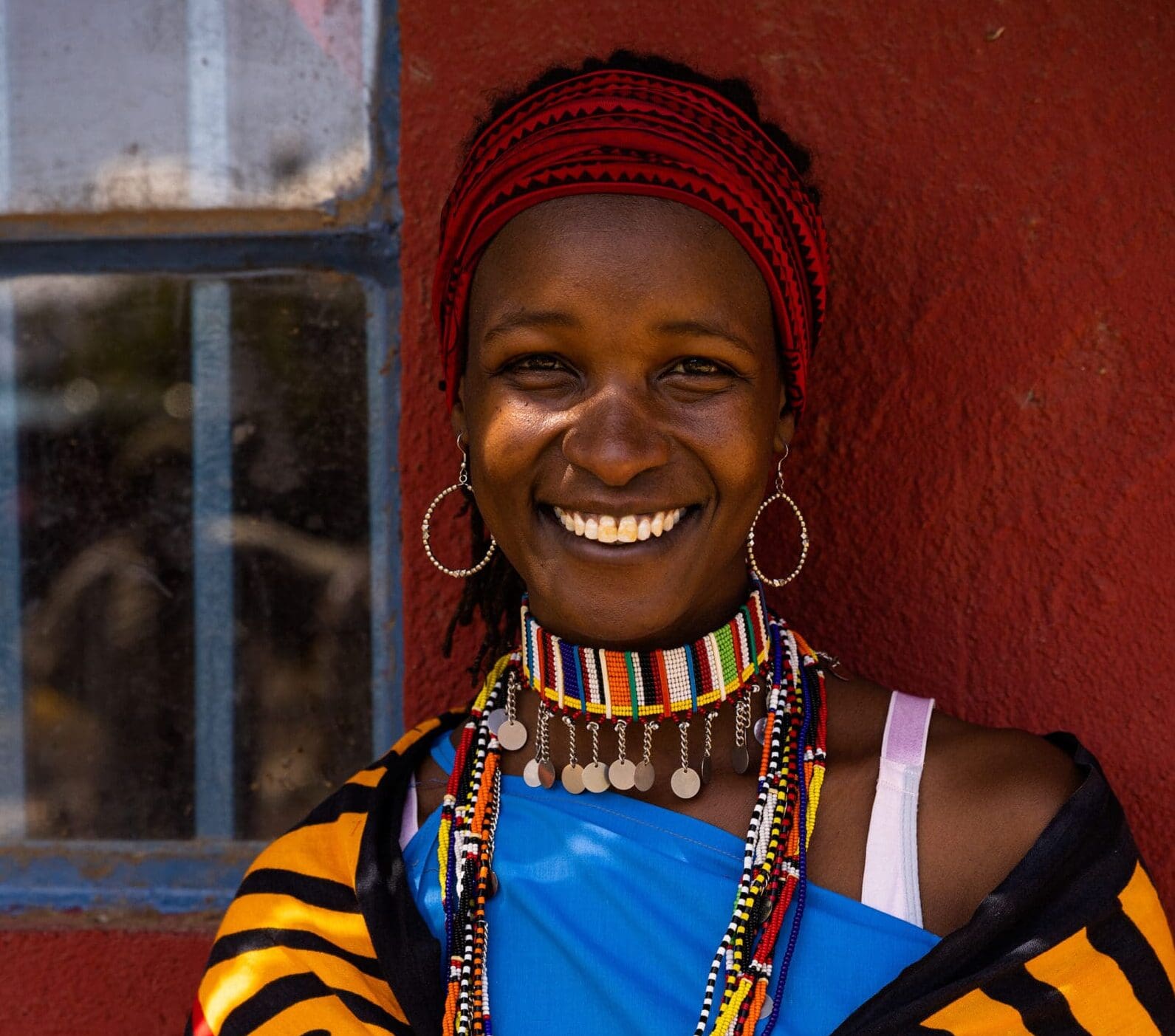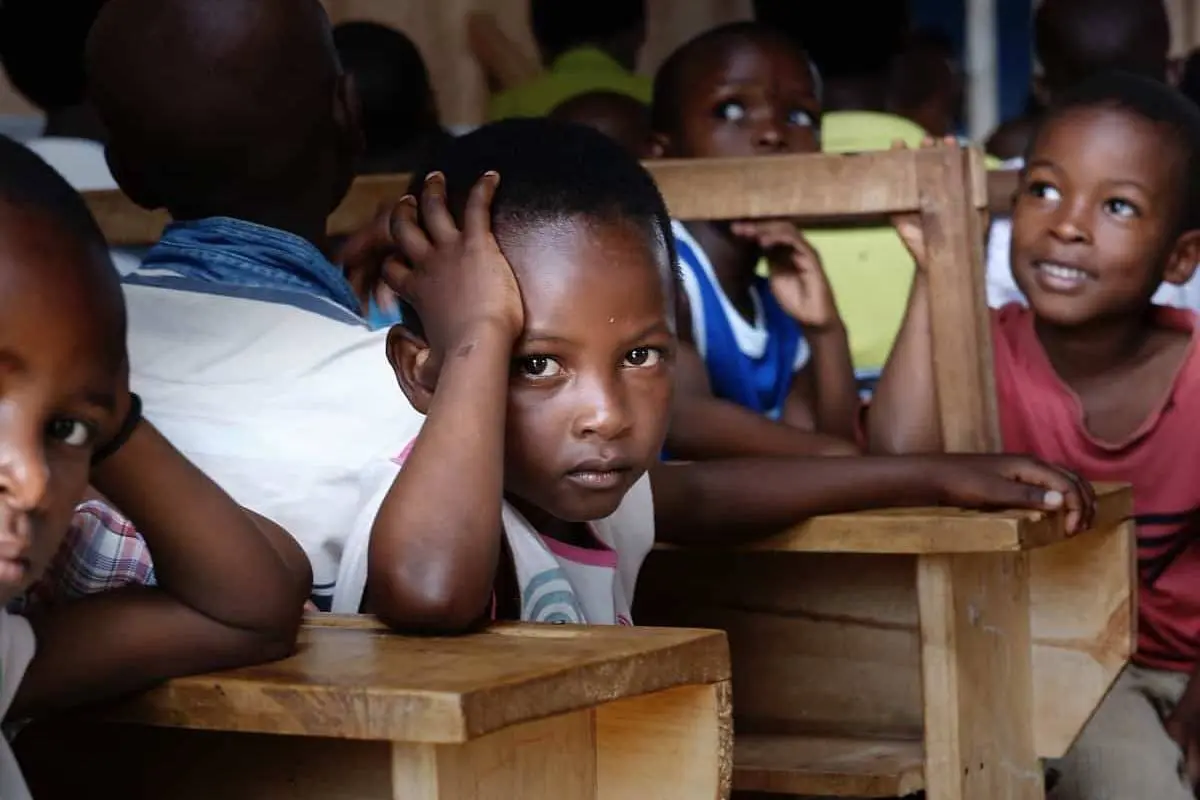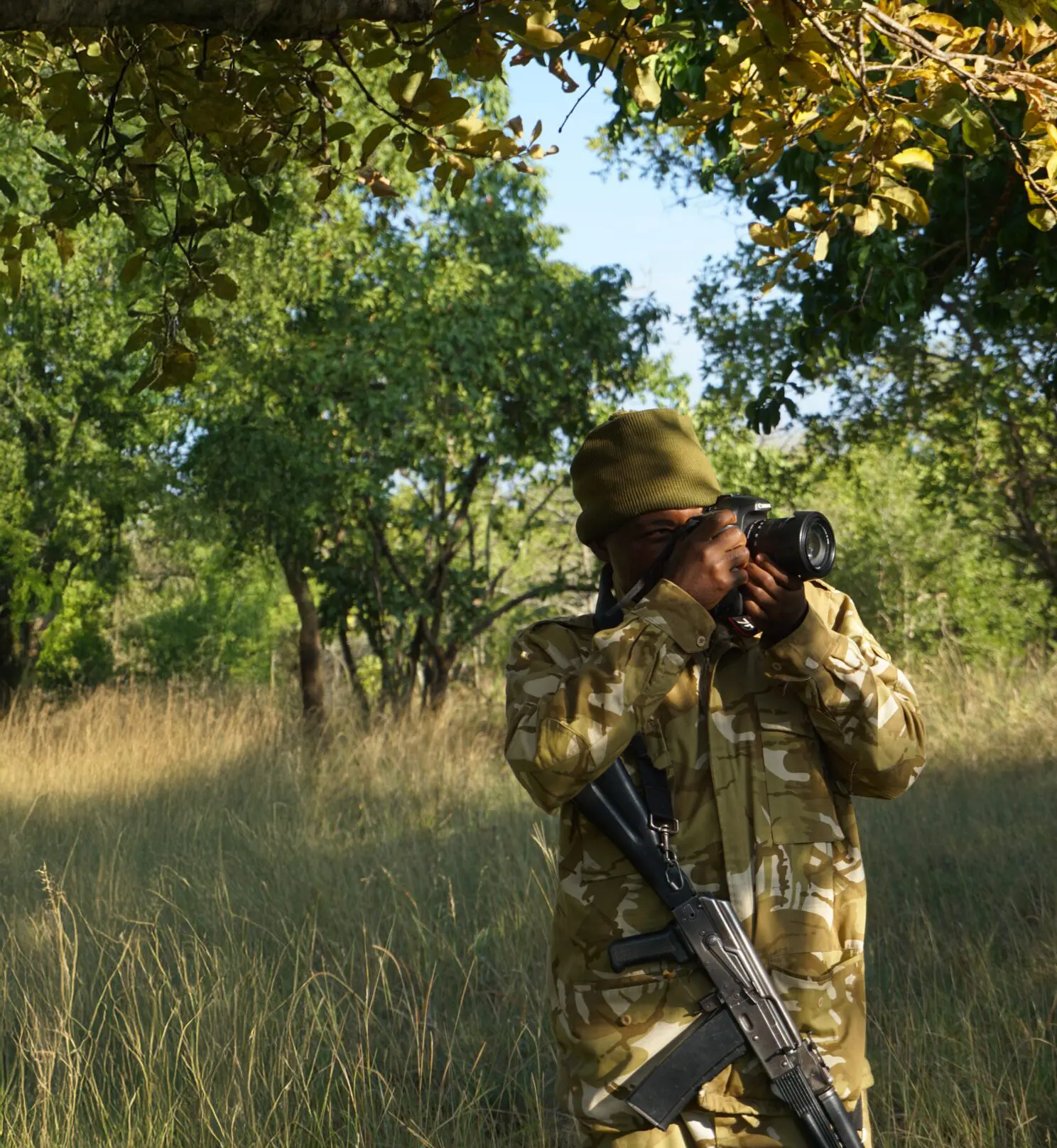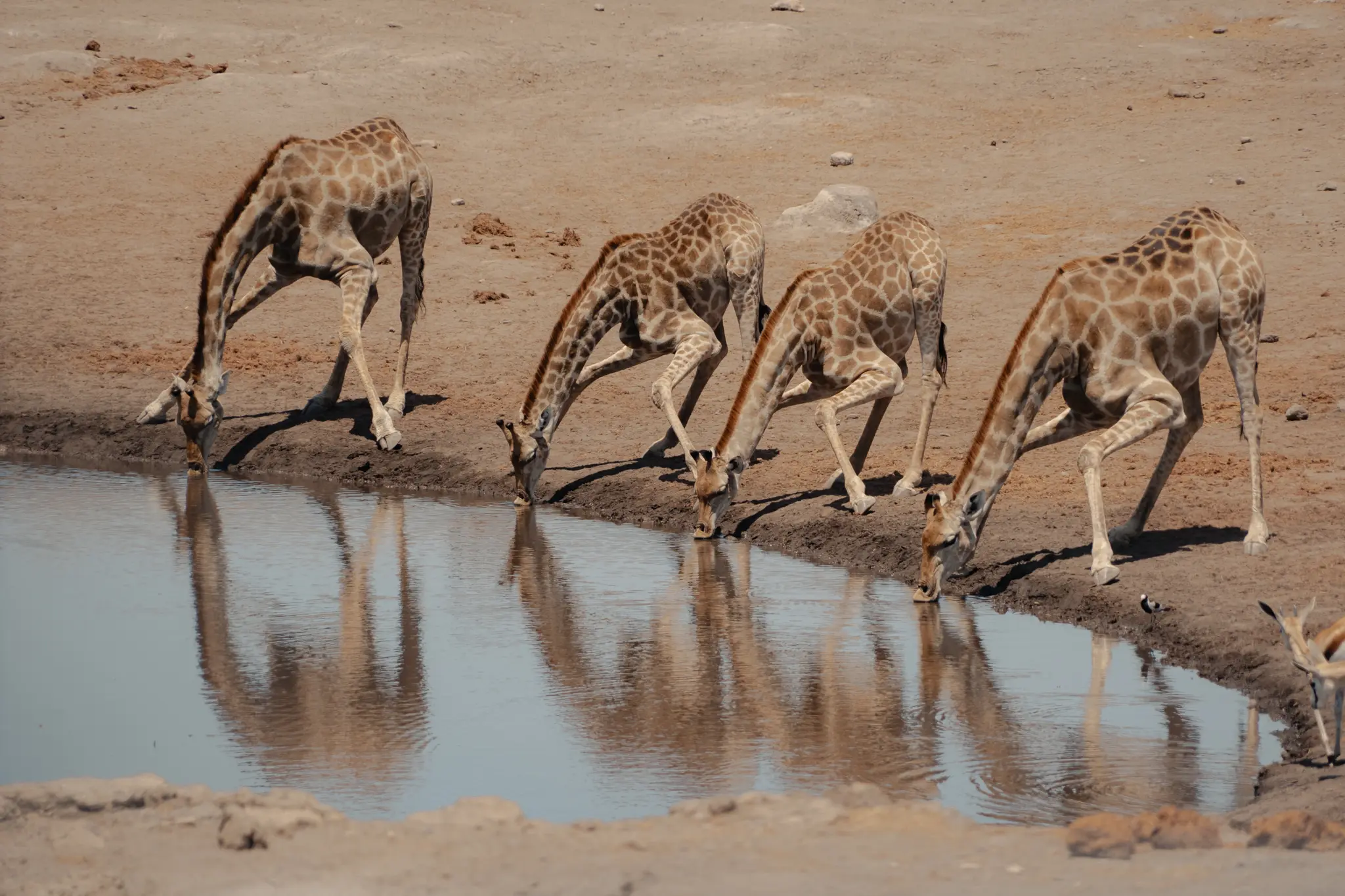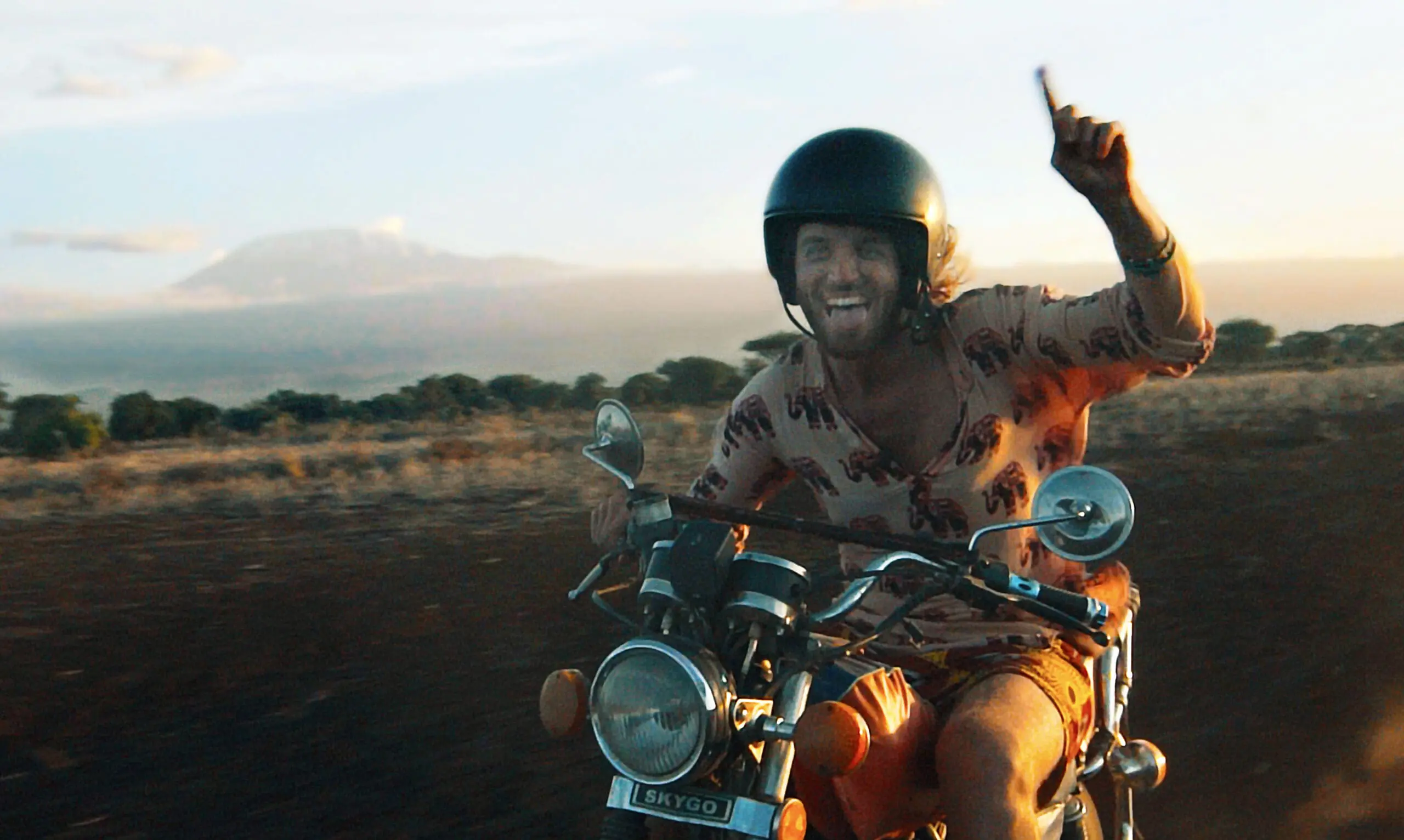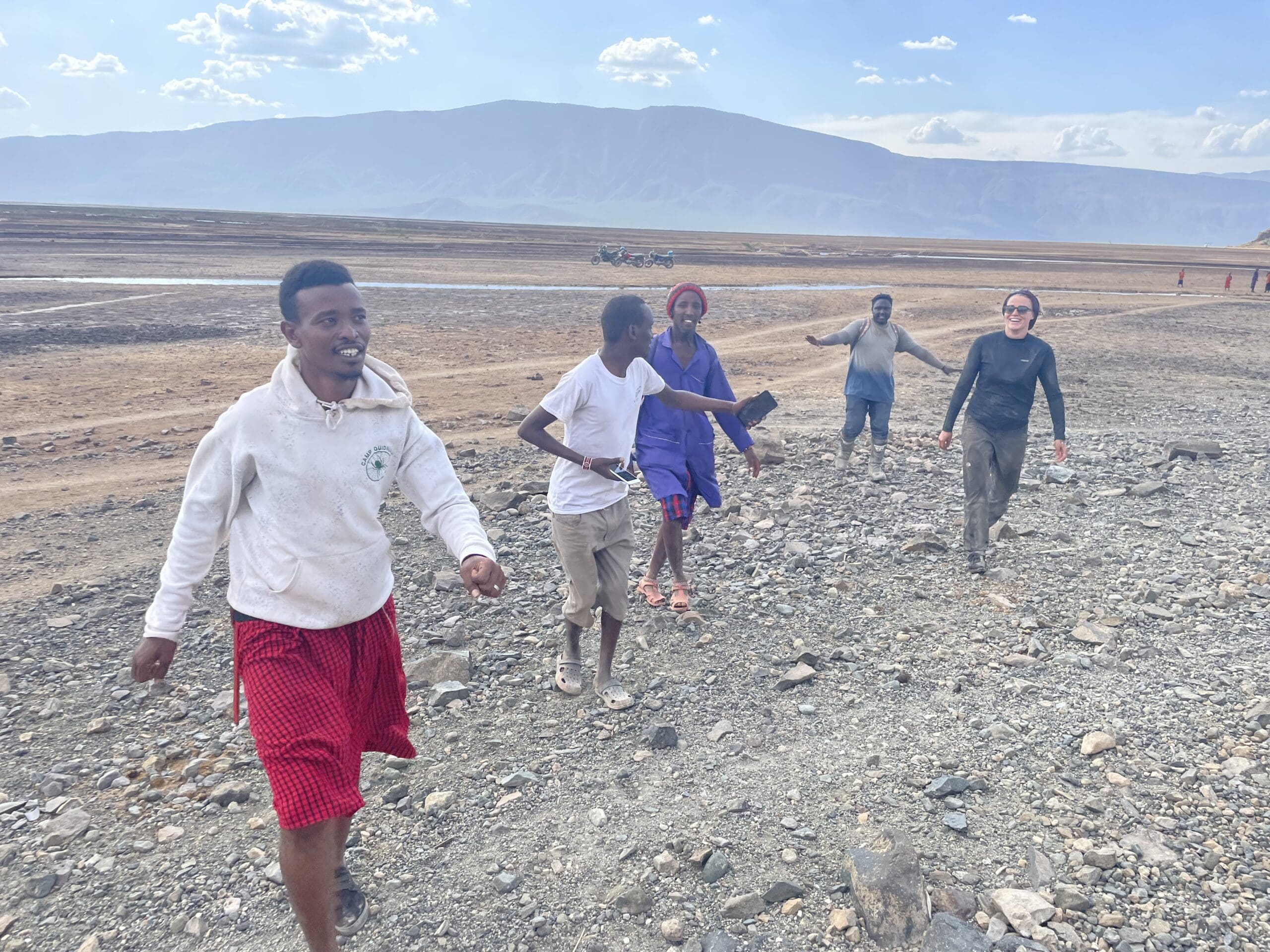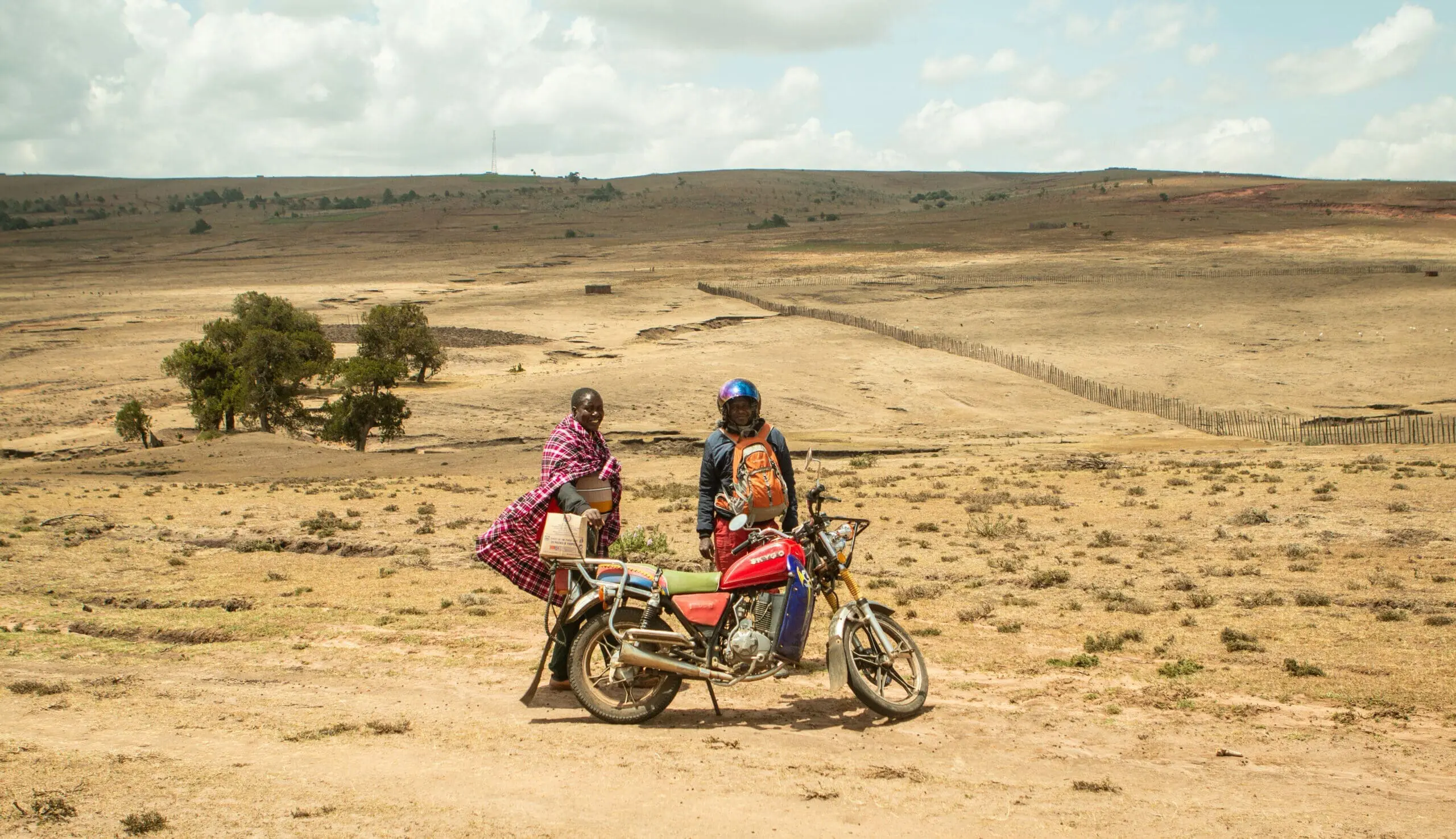White, rich and travelling in Africa
It’s my last lesson today, and I’ve brought some for the girls to keep as a memento. They are key rings with Dutch wooden shoes. I take the small gifts from my bag and start handing them out. The children laugh and hold up their hands and hug my legs. They are happy, and I feel good. In my mind I pat myself on the back.
You are white, rich, educated and traveling in Africa. The Giro555 commercials on television have also told you that there is a lot of poverty and hunger. I myself have been living in
Kampala, the capital of
Uganda, for a while. When I recently scrolled through Facebook, I ended up on the special page for ‘Dutch people in Uganda’. A lady posted the question, “What can I bring to hand out to the children?” A logical question, because we, as wealthy Westerners with a privileged position, have the responsibility to give something back? But be careful! Before you know it, all your noble intentions will cause a lot of unintended misery and you will soon walk out of the doctor’s room with the diagnosis “White Savior Syndrome”. But what exactly is this? Where is it from? How can we escape it and still contribute positively?
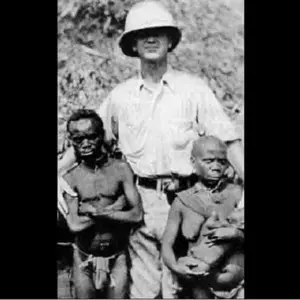
The roots of white savior complex: where does it come from?
We vs. she
To understand the core of the White Savior Syndrome, it is important to start with the colonization of Sub-Saharan Africa (all sub-Saharan African countries). For example, the British parked themselves in Uganda and
Kenya at the end of the nineteenth century and ruled until the 1960s (!). During that period, decolonization started, and the countries were declared independent. However, certain remnants of colonization persist like a stubborn virus in the societies of many African countries. Remains that lie in books, cultures, norms and values, academic education or the self-image of many people.
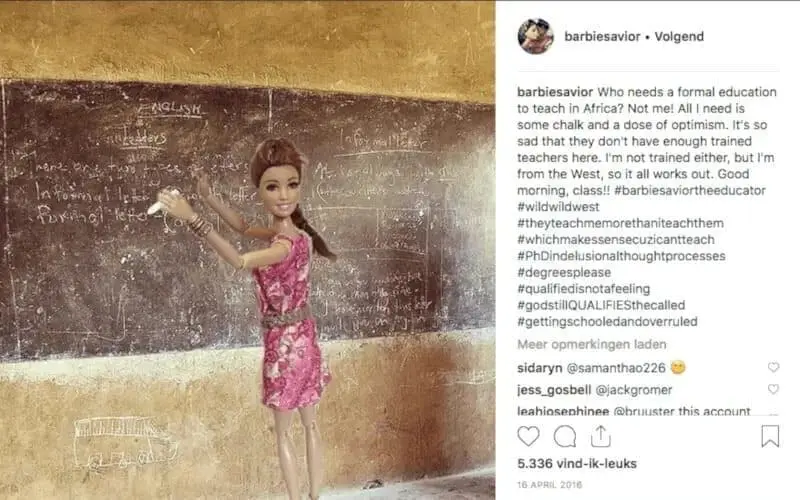
(Source of the photo above: Instagram account
Barbie Savior. Check the page for more hard-hitting, satirical pictures that make fun of the White Savior Complex!)
The privilege of white westerners
One of those stainless remains is the white privilege that white Westerners have. I dare to put my hand in the fire that almost every white African traveler must reluctantly admit to having felt that privilege at some point; whether you are in a big metropolis like
Nairobi, or walking through a remote village. The fact that there is still great inequality and that your skin color brings certain social benefits, is rock solid. White privilege often goes hand in hand with white superiority: the system in which whiteness is central, and is seen as ‘better than’. So you can say that the whole “we-are-white-rich-and-educated-and-we-have-to-help-the-poor” idea does exactly what the name suggests. It firmly maintains this inequality. It works a “we vs. they ‘situation in hand, so that we are the heroes on white socks, and they the poor wretches who have to be’ saved ‘.
The west knows best
In many situations, you can smell the unpleasant odor of this mindset, which is triggered by a line of thought that seems ‘logical’ to many white people: we Westerners are not just in a position to help. We have prosperity, we are rich and educated, and that is not without reason, is it? So we will know what is best!
Because of this neo-colonial “we vs. They ‘mindset, in which the white westerner is seen as superior to’ the African ‘, justifies everything that is actually not justifiable: we should not delve into the culture, norms and values, or actual needs of the people we try to help. As a Westerner in Africa, we don’t have to wonder if what we think is best is actually the best for these people. Whether people are helped at all, or want to be ‘saved’. As a volunteer we don’t need to be qualified to teach a class of African children, because we have a brand new high school diploma, and isn’t that enough? What do such situations say about the value that we as ‘White Saviors’ attach to the quality of the education of African children?
Motivation: Instagram?
And to come back to volunteering as a white Westerner in Africa; ask yourself what your intrinsic motivation is. This can sometimes be difficult to determine, because, quite philosophically speaking, altruism and selfishness often hop hand in hand in printed trousers through the African landscape. As pure as your desire to help others may feel, when you look at yourself in the mirror at the end of the day, you feel especially good about yourself. AND YOU CAN!
But if during your two weeks of volunteer work in an orphanage you take pictures of poor Ugandan children who have gathered around you as if you are Messiah and then post this on Instagram to receive pat on the back, you may wonder 1) what impression you leave this to your fellow human beings and 2) which stereotype ideas will encourage you.
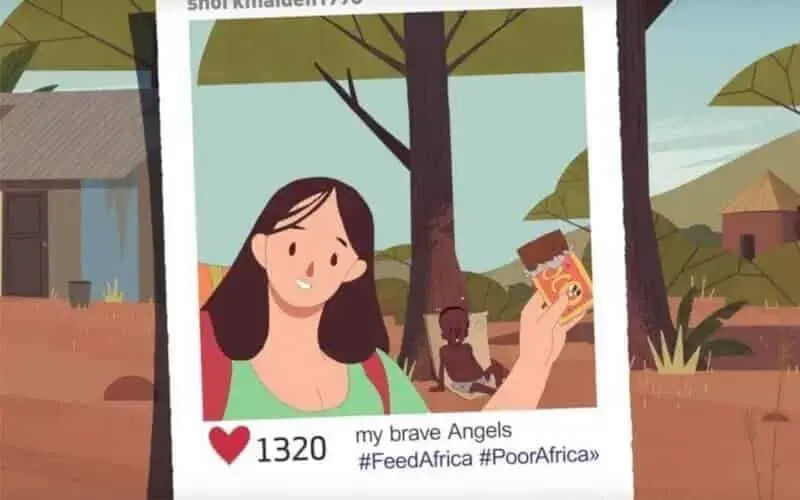
The negative impact of white saviors
Sawa, now we understand where the White Savior Syndrome comes from. But you may still be wondering: what exactly is really bad to roll up your sleeves? Or handing out nice things to children who are not so well off? I will give you some concrete examples to better explain this. Start by wondering what White Saviors do to residents’ self-esteem.
What does it do to you as a human when you are labeled as a poor soul who needs saving? When strangers who don’t know your culture at all roll into your hometown and tell you how to live your life? Or if you are not taken seriously by the people who say they want to help you? If you start believing that those Westerners must know better, are you still encouraged to stand up and fight for a better future?
(Sources of the stills alongside: 2 brilliant YouTube videos: 1) ‘How to get more likes on social media‘, about social media and selfie behavior like White Savior in Sub-Saharan Africa. 2) Who Wants To Be A Volunteer? Viewing tip! A hilariously painful YouTube video about ‘voluntourism’ and the ‘White Savior Complex’)
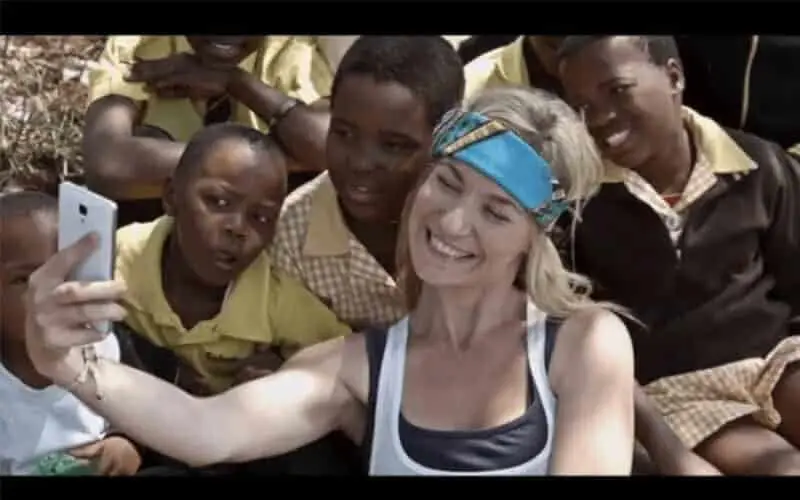
Taking jobs… or not?
Let’s go on for a moment: it also turns out that local economies often get into trouble because of our thoughtless heroic actions. Why do we actually have to build houses or wells in areas with high unemployment? The answer is obvious: we pay to be allowed to work, instead of demanding a salary for the work we do. Not only do we take jobs, many volunteers often appear to be able to build a stable or school as well as they can play the Adungu (a traditional Ugandan instrument). Not skilled at all, so to speak. I alone know several stories of volunteers who found that after they left, the people on the spot had to rebuild their structure brick by brick. Well, then you scratch your head and ask yourself: what use has my contribution actually had? Who should meet the needs of whom here?
White, rich and traveling to Africa: can I still help?
No matter how you look at it, white Westerners are often the ones with capital and enough free time to spend longer periods abroad. I do not want to contradict that there are many organizations that have had a great positive impact in areas that no one else cares about. Organizations that have forever changed the lives of many individuals without putting themselves in the spotlight with a fluttering Superman cape around their shoulders. This is rewarding work, and they can often use a helping hand or donation.
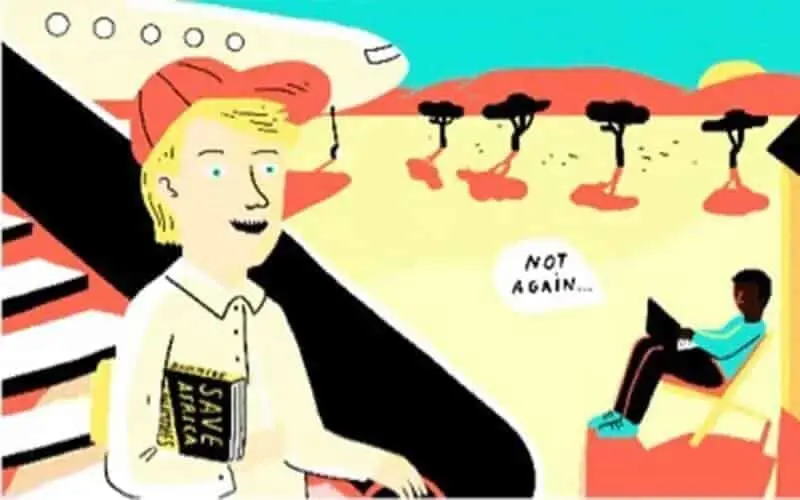
Help consciously
But the key word here is therefore ‘circumstances’. The most important thing is that if you, as a prosperous westerner in African developing countries, want to roll up your sleeves, hand out nice things or donate money, you consciously think about it. That you first delve into the situation and culture. Who are the people you would like to help? How do they want to be helped and what is there a real need for? What is your actual impact, positive and negative? What is your intrinsic motivation? If you can mean something – if only for one person – then you can be proud of yourself.
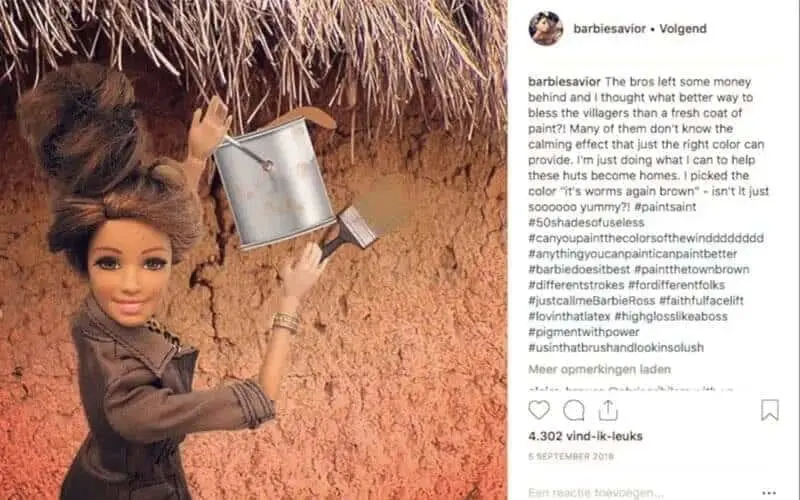
Watch your social media and selfie behavior
The images you shoot, the context in which you post this, and the words you use have far more influence than you might think. Not only on the environment in which you are a guest, but also on the image that your boyfriends and girlfriends get at home of the country in which you are. A few rules of thumb: never just take pictures of people without their permission! Ask for permission, as you would in your own country. Then make sure that when you post something, you don’t use words or images that degrade people’s dignity or reinforce stereotyping. (Use #PoorAfricanChild as a hashtag? Prefer not to.) Use your social media to showcase the diversity and beauty of the country you’re visiting!

 (Source of the photo above: Instagram account Barbie Savior. Check the page for more hard-hitting, satirical pictures that make fun of the White Savior Complex!)
(Source of the photo above: Instagram account Barbie Savior. Check the page for more hard-hitting, satirical pictures that make fun of the White Savior Complex!)






